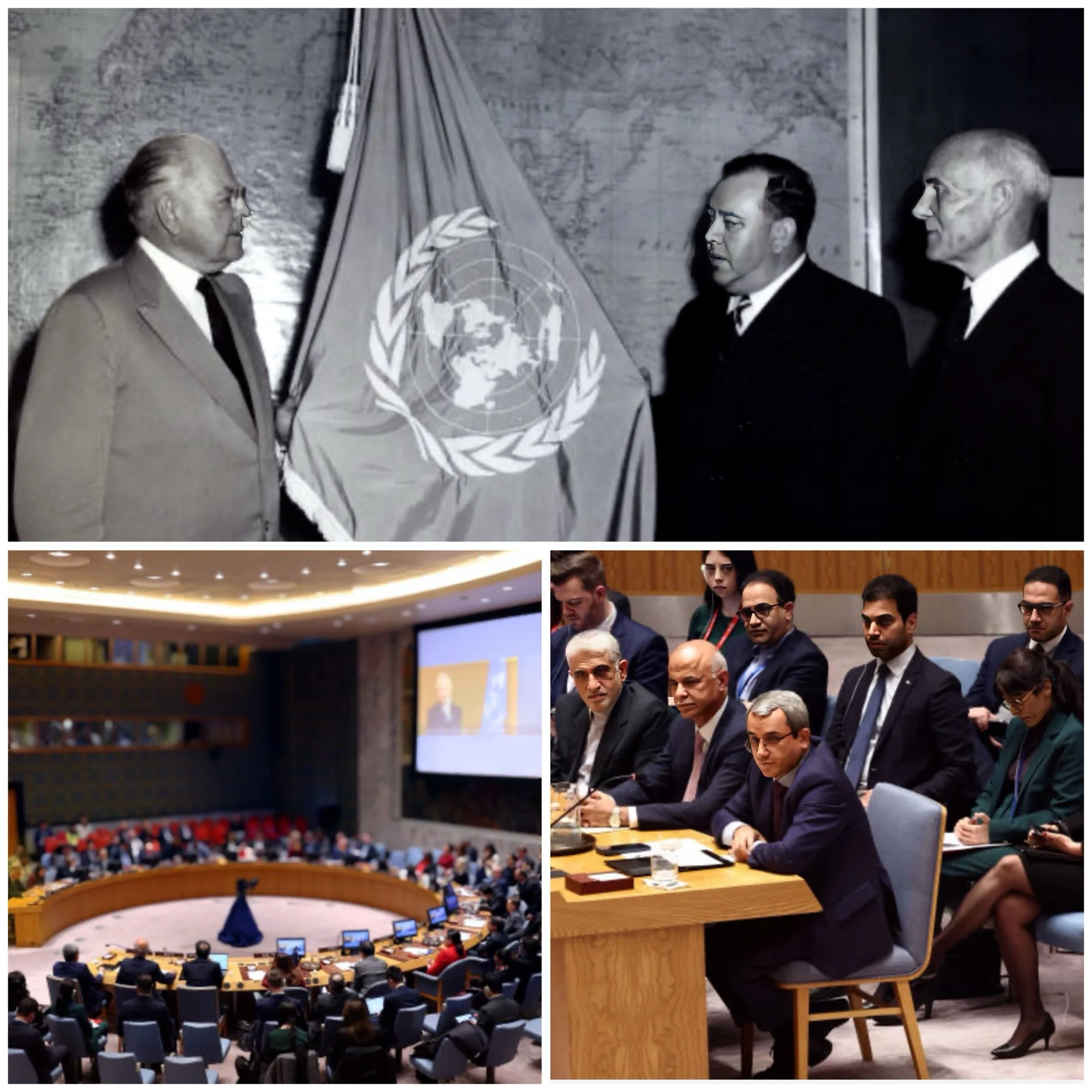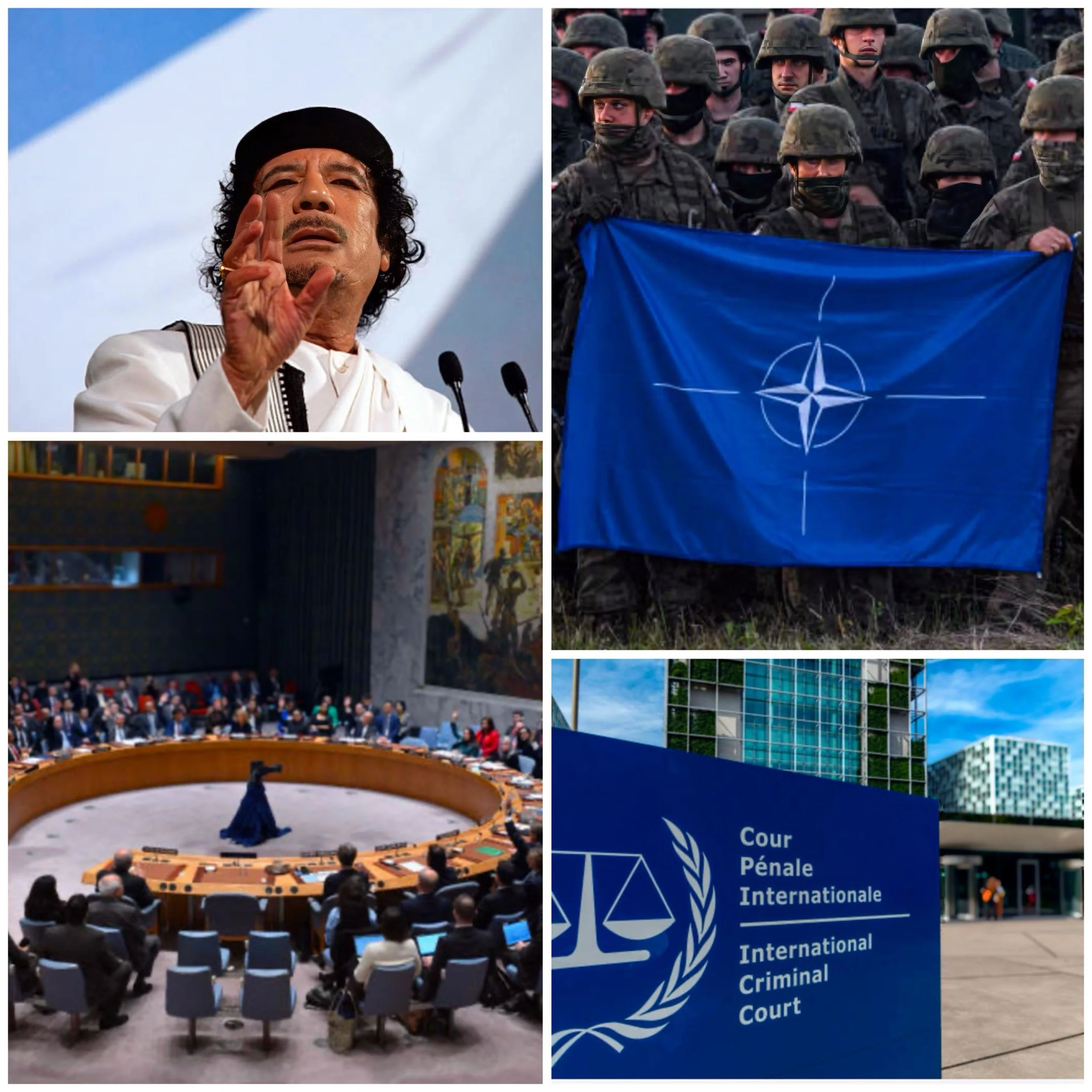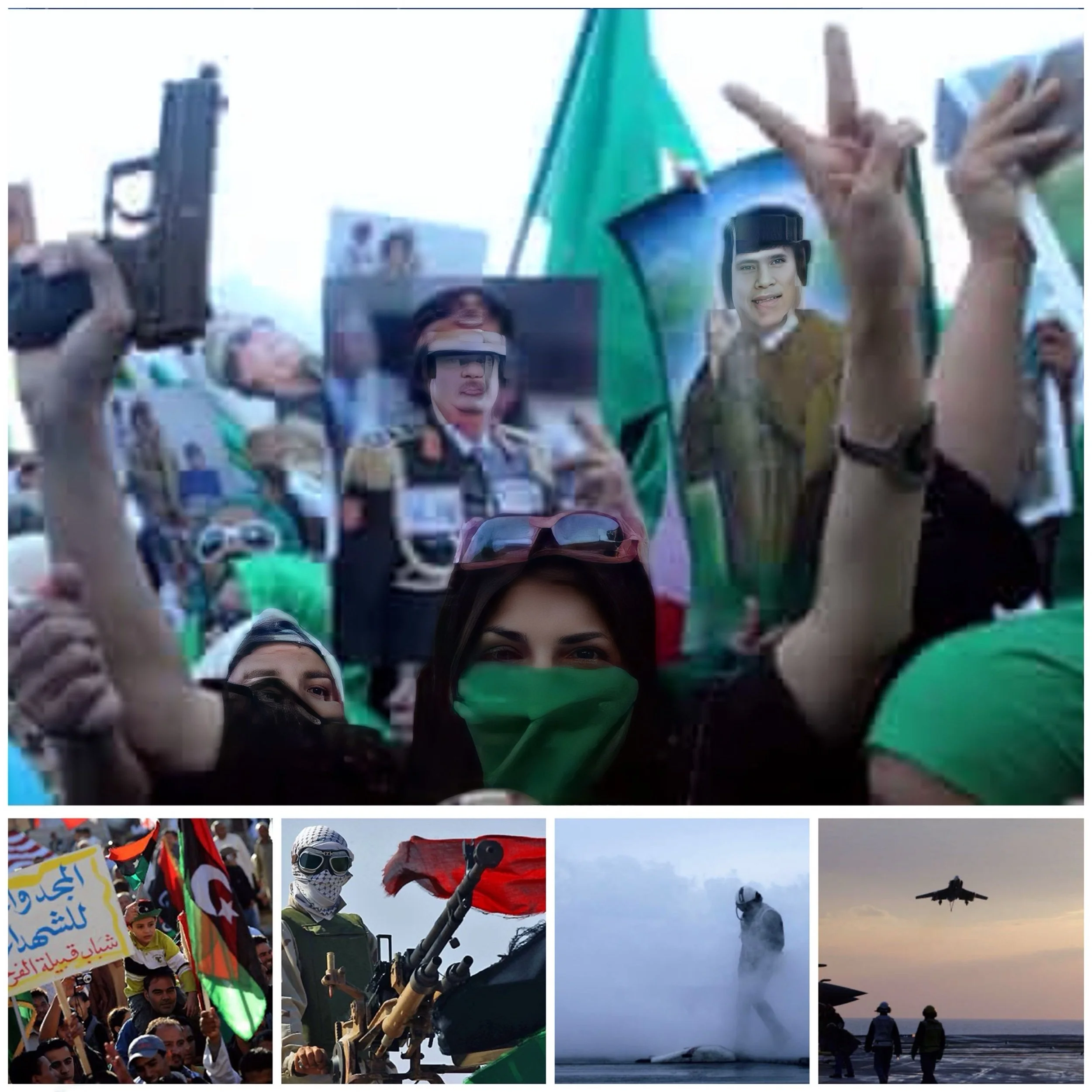October 20, 2011 - Events last few days of Gaddafi killing by NATO
Introduction
The events leading to Muammar Gaddafi’s execution in October 2011 were the culmination of a months-long uprising against his 42-year rule in Libya. Here’s a timeline of the key events in the final weeks:
Rebel Advance
By early September 2011, rebel forces had solidified their control of Tripoli, effectively forcing Gaddafi from power. The National Transitional Council (NTC) began transferring its operations to the capital, while Gaddafi went into hiding, occasionally issuing defiant audio messages.
Final Strongholds
Rebel forces focused on the few remaining cities under loyalist control:
They attempted negotiations to persuade loyalist commanders to surrender peacefully.
When negotiations failed, rebel troops pushed into Sirte and Banī Walīd, engaging in heavy fighting with loyalists.
International Recognition
On September 15, the UN General Assembly voted to recognize the NTC as the representative of the Libyan people in the UN, providing new international legitimacy to the rebel cause.
The Last Stand in Sirte
Gaddafi and his inner circle found themselves cornered in Sirte, his hometown:
They moved between abandoned homes to avoid fierce shelling by anti-Gaddafi militias.
On October 20, Gaddafi’s son Mutassim ordered the remaining loyalists to abandon the besieged District 2 of Sirte in a convoy of about 50 heavily armed vehicles.
Capture and Death
The final moments of Gaddafi’s life unfolded rapidly on October 20, 2011:
NATO forces intercepted a satellite phone call made by Gaddafi and spotted the convoy moving fast.
NATO aircraft fired on 21 of the vehicles, immobilizing much of the convoy and killing dozens of loyalist fighters.
Gaddafi took refuge in a large drainage pipe with several bodyguards.
NTC fighters found Gaddafi hiding in the drainage pipe and ordered him to come out.
A grenade thrown by one of Gaddafi’s own men exploded near him, wounding him with shrapnel.
Misrata fighters captured Gaddafi alive but bleeding heavily from a head wound.
Video footage shows Gaddafi being severely beaten and stabbed with a bayonet by opposition forces.
Gaddafi was then loaded into an ambulance, appearing lifeless.
Conclusion
During the civil war, many of Gaddafi’s former allies and military officers defected to the rebel side, weakening his power base.
There was alleged Syrian Involvement. There are unverified claims that Syrian President Bashar al-Assad may have provided intelligence to French authorities about Gaddafi’s whereabouts. This information allegedly led to the tracking and eventual killing of Gaddafi.
It’s worth noting that the circumstances surrounding Gaddafi’s final moments and death remain controversial. The UN report indicates that he was captured alive but died shortly afterward under disputed circumstances.
The exact circumstances of Gaddafi’s death remain disputed, with the official NTC account claiming he died in crossfire. However, evidence suggests he may have been executed after capture.
Gaddafi’s son Mutassim was also captured alive but was later found dead with new wounds, suggesting he too was killed in custody.
The deaths of Gaddafi and his son marked the end of the eight-month conflict and his 42-year rule over Libya.






